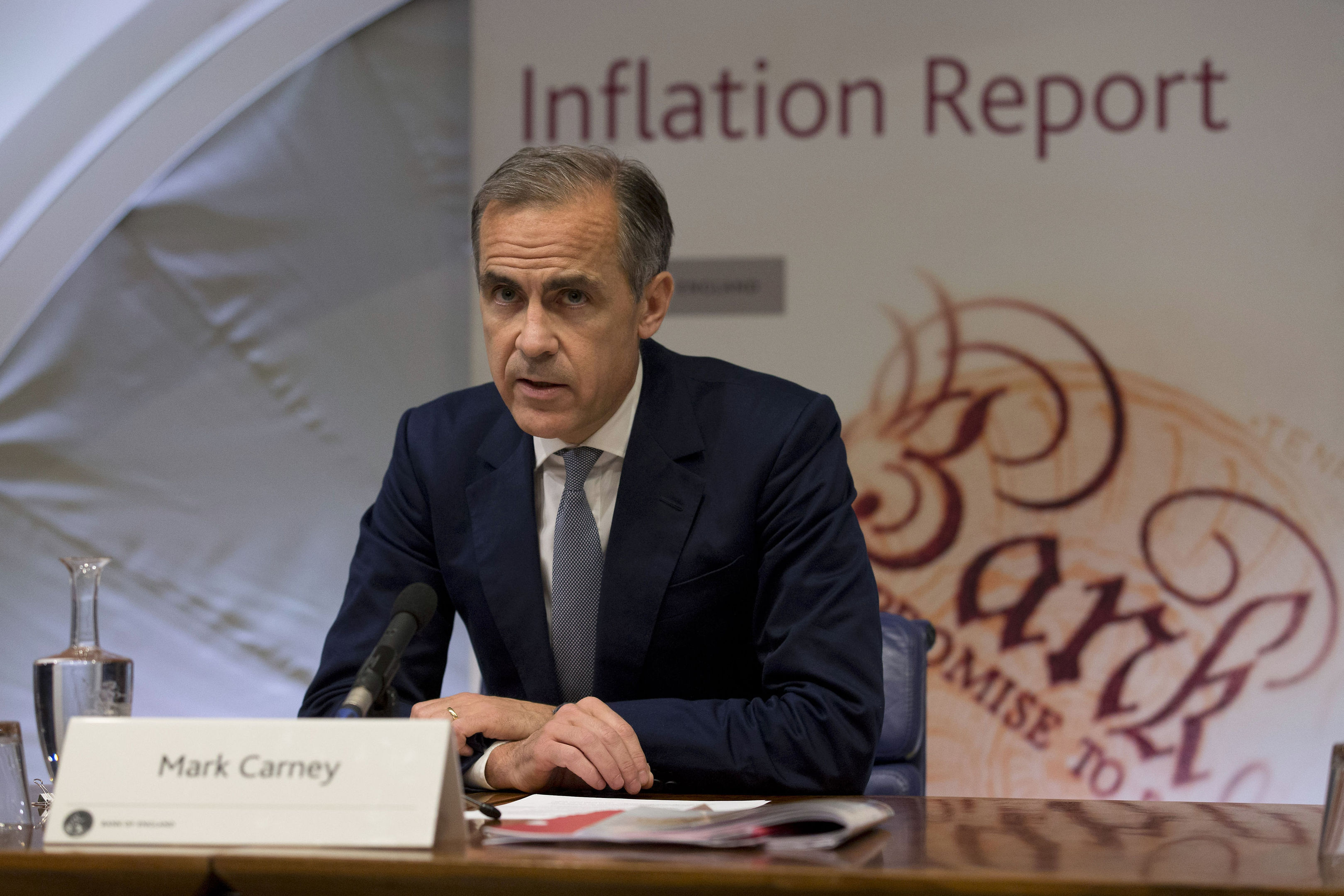The Bank of England has slashed interest rates for the first time in more than seven years and delivered an emergency package worth up to £170 billion to ward off recession following the Brexit vote.
Policymakers voted unanimously to cut rates to a new historic low of 0.25% from 0.5% – the first cut since March 2009, when the bank reduced rates at the height of the financial crisis.
It also unveiled a package of measures to boost a sharply slowing economy after the EU referendum vote, with the bank revealing its biggest growth downgrade since quarterly inflation report records began.
The bank believes the measures will see the UK avoid dropping into recession, but it warned of a “material slowdown”, higher unemployment and falling house prices over the next year.
Its economy-boosting action will see it fire up the printing presses once more to expand its £375 billion quantitative easing programme by £60 billion to £435 billion – the first QE increase since 2012.
It is also buying £10 billion of corporate debt and announced a new scheme worth up to £100 billion to encourage banks to lend to households and businesses.
More rate reductions are also on the cards, with the minutes of the Monetary Policy Committee (MPC) meeting revealing that most members expect to cut rates to a “little above zero” by the end of the year if growth slows as expected.
The quarter-point rate cut is good news for homeowners, but spells further misery for long-suffering savers.
It will shave around £26 a month off mortgage payments for those who borrowed £200,000 over 25 years, according to the Council of Mortgage Lenders.
But for savers it will mean even lower returns on their nest-eggs after more than 1,000 rate reductions already during 2016 alone.
Chancellor Philip Hammond welcomed the MPC’s action and, in a letter to bank governor Mark Carney, added that he was “prepared to take any necessary steps to support the economy and promote confidence”.
He said: “The vote to leave the EU has created a period of uncertainty, which will be followed by a period of adjustment as the shape of our new relationship with the EU becomes clear and the economy responds to that.
“The Governor and I have the tools we need to support the economy as we begin this new chapter and address the challenges ahead.”
Mr Carney warned that the changes needed in the economy following the Brexit vote “may prove difficult and many will take time”.
But he insisted: “The UK can handle it.”


